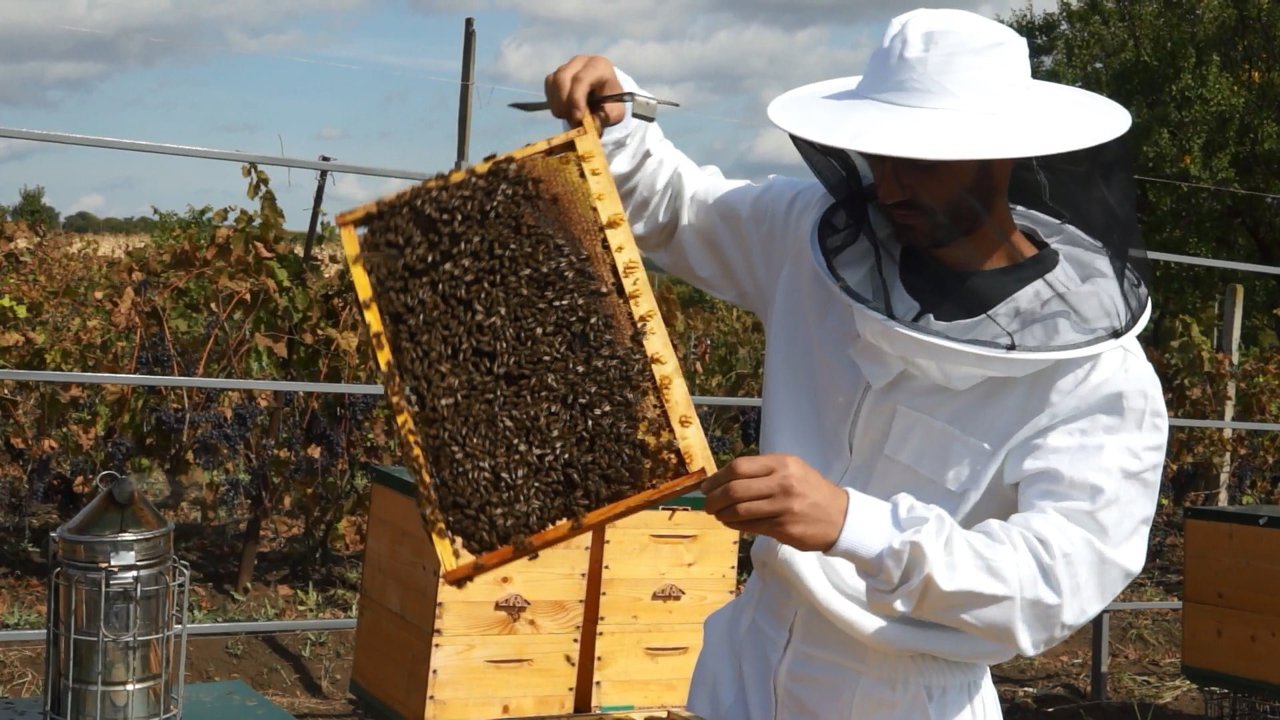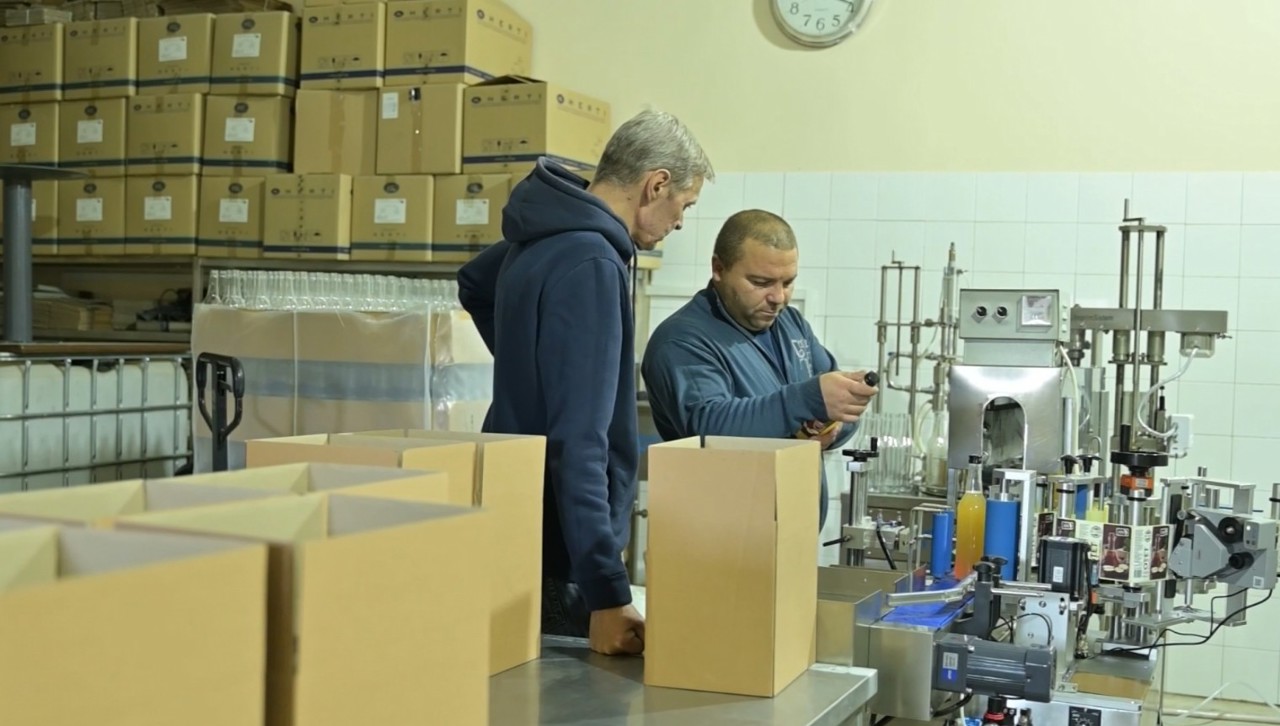Moldova's BeeProtect Saves Bees from Pesticides
More than 2,000 beekeepers and farmers have signed up for the BeeProtect system, a move that has led to a decrease in bee poisoning incidents.

This has resulted in over 1,200 applications of pesticides on agricultural crops. The platform allows users to view beehives located within a 7-kilometre radius and identify agricultural land scheduled for pesticide treatment.
Ion Maxim, president of the National Association of Beekeepers of Moldova, told our radio station that the BeeProtect information system was created in 2023 to address the frequent and expensive bee poisoning incidents. These incidents were caused by a lack of communication and information about spraying agricultural crops with pesticides and fertilisers near beehives.
"Beekeepers are notified immediately," explained Maxim. "When a farmer registers their intent to use pesticides or fertilisers by clicking the 'application' button, beekeepers receive a notification within a second, or even faster, allowing them to take necessary precautions to protect their hives."
This mandatory program requires all beekeepers to maintain an electronic passport. Beekeepers must also submit a report to ANSA on their use of pesticides in production, submitted twice a year or annually. The report can be automatically generated from the system if the beekeeper has registered all applications.
The government previously approved the BeeProtect initiative, aimed at reducing bee poisoning incidents. The application was developed to improve communication between agricultural producers and beekeepers. Since January 1, 2023, registration and data provision in the BeeProtect application have become mandatory.
According to official data, the Republic of Moldova has approximately 7,800 registered beehives, housing a total of over 260,000 bee families.
Translation by Iurie Tataru





